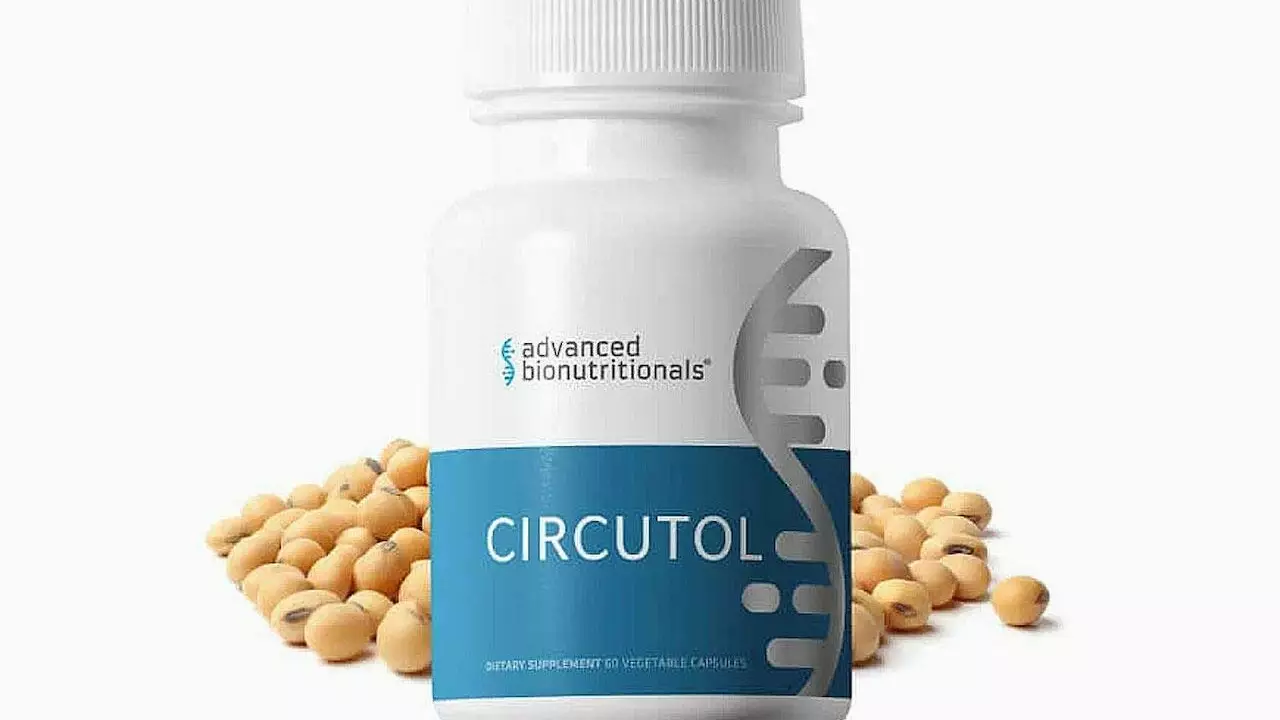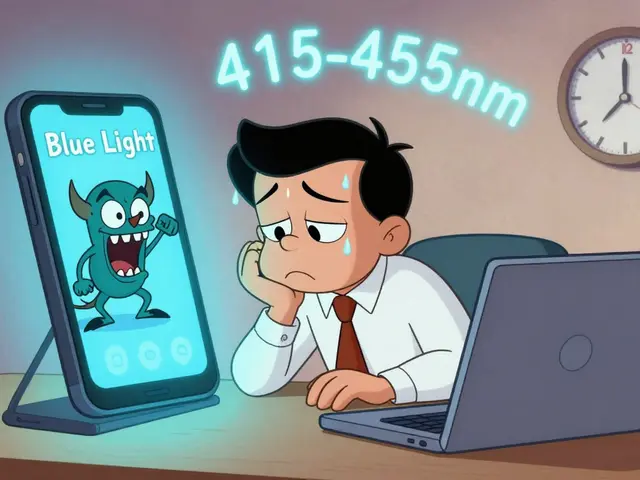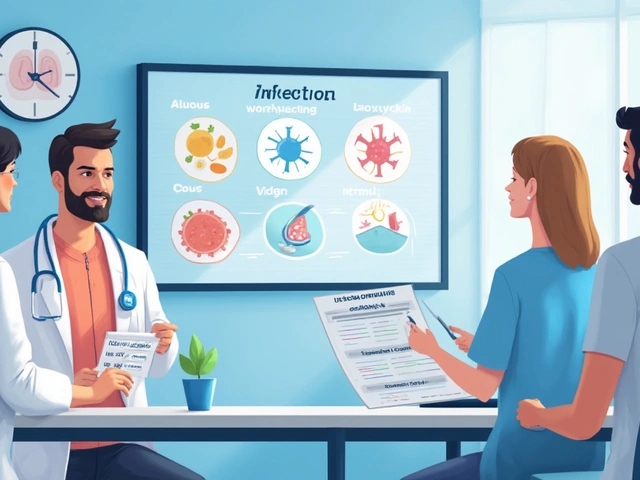Lithium supplements: what we covered in August 2023
In August 2023 we published a practical piece about low-dose lithium as a dietary supplement and why some people are talking about it. The post covers claimed benefits for mood, brain health, and possible links to longer life. This archive page sums up those ideas and gives quick, real-world advice so you can decide whether to learn more or talk to your clinician.
What the August post covered
The main article, "Discover the Life-Changing Benefits of Lithium: The Essential Dietary Supplement," highlights three takeaways: small amounts of lithium might help mood stability, there’s some evidence for brain protection over time, and the idea that tiny doses could be linked to lower mortality in population studies. The post notes lithium's long history in medicine (prescription lithium for bipolar disorder) while focusing on much lower, supplemental amounts that people find online or in specialty stores.
Importantly, the post explains the difference between prescription lithium (used for bipolar disorder at medical doses) and low-dose forms sold as supplements. That difference matters for safety and monitoring — prescription lithium is a drug monitored with blood tests, while supplements are not regulated the same way.
Practical advice and safety pointers
If you’re curious about trying low-dose lithium, here are practical points to keep in mind. Commercial supplements typically contain tiny amounts of elemental lithium — often in the range of 1–5 mg per tablet — while prescription lithium contains hundreds of milligrams of elemental lithium and must be managed by a doctor. Don’t assume a supplement is the same as medical treatment.
What does the evidence actually say? Some population studies found lower suicide rates and better cognitive outcomes in areas with trace lithium in drinking water. Small clinical studies and lab research suggest neuroprotective effects, but results vary and more high-quality trials are needed. The July article presents these findings without overpromising: think of them as early signals, not proven cures.
Safety matters. Lithium affects kidneys and thyroid function at higher doses, and it can interact with common drugs like NSAIDs, diuretics, and some blood pressure meds. If you have kidney disease, thyroid issues, or take regular prescription medications, talk to your healthcare provider before starting any lithium supplement. Pregnant or breastfeeding people should not start lithium supplements without medical advice.
If you and your clinician decide to try a supplement, track how you feel and follow up on labs if your doctor recommends them. Don’t mix a supplement with prescription lithium unless a specialist supervises the combination.
Want to read the original piece? Search the site for the August 2023 post title to get the full, conversational breakdown of benefits, cautions, and evidence. If you have questions about a specific condition or medication, your clinician can give tailored advice based on your health history.
Discover the Life-Changing Benefits of Lithium: The Essential Dietary Supplement
Well, buckle up folks, as we delve into the wacky world of lithium, the dietary supplement that's been making waves. I've been exploring its life-changing benefits, and boy, it's a ride! It's like winning the health lottery, but instead of millions, you get a bucket-load of wellness. This little powerhouse can enhance your mood, promote brain health, and may even spice up your life expectancy. So, let's toast to lithium, the unsung hero in our supplement saga!
Read More





